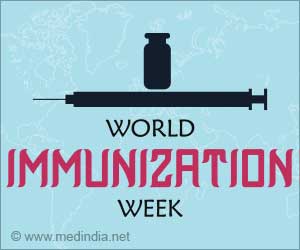A study by researchers at the Oxford have found that high doses of the common painkiller like ibuprofen, which is available without prescription, doubles the risk of a heart attack if taken in high doses for a long time. But the British Medical Journal study also explains that there was no danger for occasional users, and its risks were moderate when compared to the benefits for patients who depend on it to lead normal lives. They claimed to have found that only an extra 3 people in every 1000 suffered from the adverse reaction.
In the past the long-term use of non-steroidal anti-inflammatory (NSAID) drugs like Ibuprofen, Diclofenac have often raised fears. These drugs are very widely used medications for relief from headaches, period pains and discomfort caused by inflammation. They are used daily by millions of arthritis sufferers. There are increasing concerns on the newer COX-2 drugs, being raised along with the NSAIDs. These COX-2 drugs are given to avoid side effects like gastric bleeding and ulcers that could sometimes occur with the painkillers.Vioxx, one COX-2, drug was taken off the market after there were concerns about its risk of causing a heart attack. Studies had also shown that the risk of heart attacks and strokes were greatly increased with other NSAIDs but clear results have not yet emerged. The researchers from Oxford University found that, in patients taking COX-2s, the odds of a heart attack or stroke increased by 42% compared with placebo. They found that the odds were increased by 51% for high-dose ibuprofen (800mg three times a day) and 63% for high-dose diclofenac (75mg twice a day). They also found that Naproxen another NSAID, also had no association with any increased risk of cardiovascular events.
The researchers but also stressed that the overall risk was comparatively small. Dr Colin Baigent, lead researcher explained that with this data they now have a complete picture of the effects of COX-2s and NSAIDs. And that it was clear that the risks are small for people who don’t have a history of heart attack or stroke. They said that as these drugs are important for helping people in controlling their pain they should discuss the risks with their physicians and decide whether the risks was acceptable by them. He also added that these studies were still primary and more were needed before they could make any recommendations on their uses.
A spokesperson for Arthritis Care agreed that patients should be left to make the choice: Explaining that millions of people take NSAIDs, and those taking higher doses generally do so because they're in a significant amount of pain she said that by providing them with accurate information would help them in making an informed choice.











